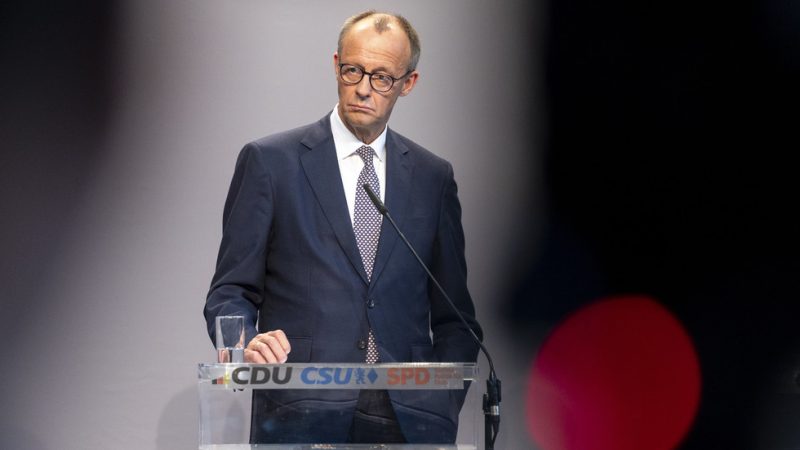
Germany’s incoming chancellor, Friedrich Merz, has reportedly proposed a bold, and potentially risky, strategy regarding the ongoing conflict in Ukraine. He’s indicated a willingness to supply Kyiv with long-range missiles, but with a significant caveat: he wants the UK’s explicit backing before proceeding. This move raises several key questions about the future of the conflict and the evolving dynamics of the Western alliance.
The proposal suggests a degree of caution, even hesitancy, on Merz’s part. While supporting Ukraine is a widely held position within the Western alliance, the potential escalation inherent in providing long-range missiles is a serious concern. Such weaponry could significantly alter the battlefield dynamics and potentially provoke a more aggressive response from Russia. By seeking the UK’s support, Merz may be attempting to share the responsibility and mitigate potential risks, placing some of the onus for any escalation on a key ally.
This strategic maneuver also highlights the complex interplay between Germany and the UK within the NATO alliance. While both countries are staunch supporters of Ukraine, their approaches and risk appetites may differ. The UK, often perceived as having a more hawkish stance on Russia, could provide crucial political cover for Merz’s decision. The UK’s backing could also help to garner support from other hesitant NATO members, paving the way for a more unified and decisive response.
However, the request for explicit UK backing also raises concerns about potential divisions within the alliance. If the UK hesitates or refuses to support the missile supply, it could expose a rift within NATO’s unified front against Russia. This could embolden Moscow and weaken the collective resolve to support Ukraine. Therefore, the success of Merz’s strategy hinges not only on the UK’s decision but also on the broader implications for NATO’s unity and its capacity for decisive action.
The situation remains fluid. The international community watches closely as Merz prepares to assume his role, awaiting his next move. His decision, whether to proceed with the missile supply with or without UK backing, will have far-reaching consequences for the conflict in Ukraine and the stability of Europe as a whole. The coming weeks and months will be crucial in determining the trajectory of this critical geopolitical situation.









